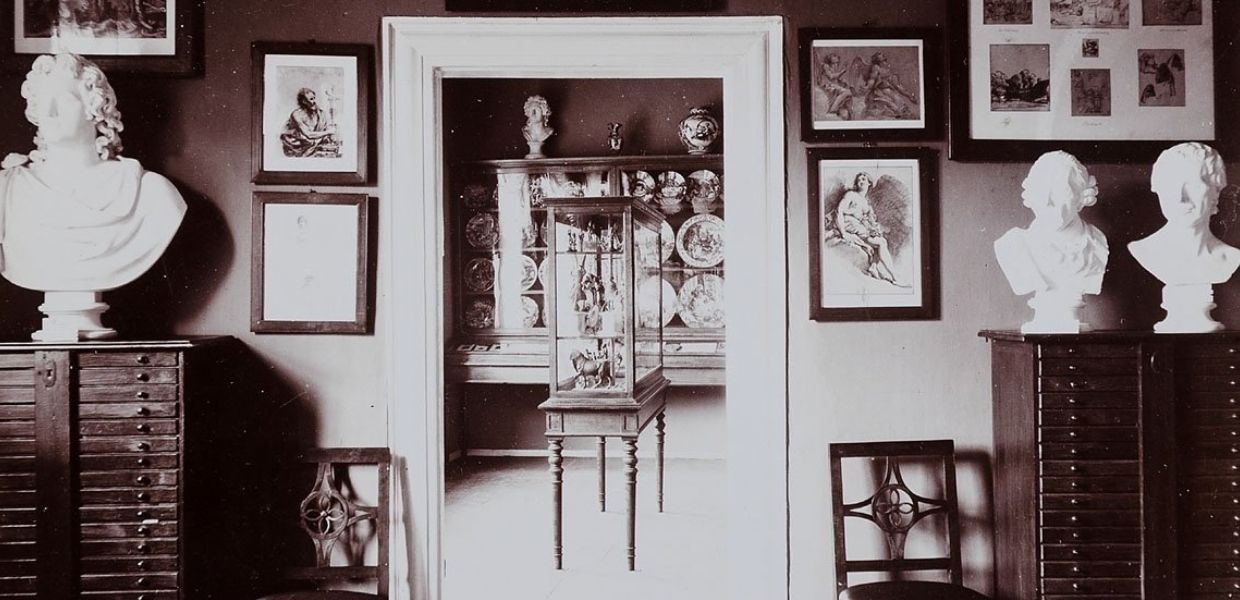Europe is one step closer to better copyright rules for cultural heritage institutions
On Wednesday, negotiators from the European Parliament, the European Council and the European Commission reached an agreement on a final compromise text for the European Union’s Directive on Copyright in the Digital Single Market.
The final text for the proposed directive that has been under discussion for almost 30 months includes a number of significant improvements for cultural heritage institutions.
Together with our partners from the Europeana Network Association and library and research organisations, we have managed to achieve many of the goals that had been included in Europeana's advocacy mandate, adopted in December 2016. The final compromise text adopted by the negotiators on Wednesday improves upon the Commission's original proposal in a number of areas. These include:
-
Articles 3 and 3a introduce copyright exceptions for text and data mining. As a result of our efforts, cultural heritage institutions have been included as beneficiaries of Article 3, thereby ensuring that researchers, cultural heritage institutions and their users can gain new insights into their collections through text and data mining.
-
Article 5 introduces a Europe-wide exception that will allow digital preservation of in-copyright works.
-
Articles 7-9 create mechanisms that allow cultural heritage institutions to make out-of-commerce works contained in their collections available online. As a result of our efforts, these articles have been strengthened by adding a fall-back exception for situations in which there are no collective management organisations that are able to issue licences.
-
A new Article 9a grants individual Member States the ability to introduce domestic Extended Collective Licensing schemes to further facilitate mass-digitisation by cultural heritage institutions.
-
A new Article 10b ensures that digital reproductions of public domain artworks will be available for the public to use and reuse. This article will translate one of the core elements of our 2010 Public Domain Charter into EU law.
Taken together, these articles represent a massive step forward towards a European copyright framework that promotes access to culture, research and education. They will help cultural heritage institutions across the EU to improve access to works in their collections and work towards closing the 20th-century black hole.
The final hurdles
Wednesday's compromise will now need to be formally approved by the EU Member States and the European Parliament. Adoption by the Member States is expected to take place within the next three weeks. The European Parliament is expected to vote on the final text between late March and mid-April. This last vote is considered to be crucial since there is considerable opposition to other parts of the directive among Members of Parliament.
In the run-up to the vote, we urge all MEPs to acknowledge the massive improvements Articles 3, 5, 7-9 deliver in enabling Europe’s cultural heritage institutions to digitise and share their collections online.
Note: On behalf of the Europeana Network Association, the Europeana Foundation represents the view of cultural heritage institutions in the debates around the EU copyright reform. Read the full consensus-driven mandate. The mandate was approved with a clear majority of the Europeana Network Association Members Council, with a small number of organisations recording their dissent (which are clearly recorded in the mandate).


